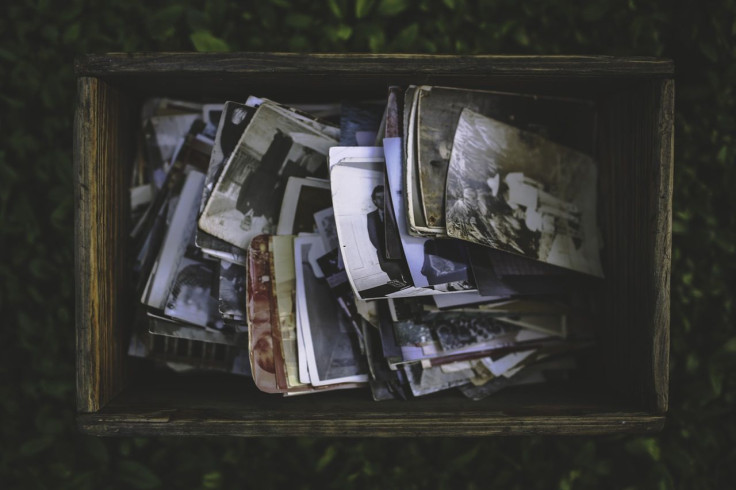Memories From Childhood: Why We Don't Remember Our Earliest Years Well


This question originally appeared on Quora. Answer by Robert Frost, instructor and flight controller at NASA.
The brain does a very good job of recording/storing memories during the first few years of life. The catch is that around six or seven a process called childhood amnesia kicks in and a lot of those early memories are lost. Testing of children before that process begins firmly demonstrates that the children do have effective memories.
It is a specific type of long-term memory that is lost - episodic memory.
Our brain stores four types of long-term memory. Episodic memory is the story or sequence of events (we did x and then we did y and then z happened). Semantic memory is where we store concepts (what is a tree, what is pizza). Procedural memory is what people often call muscle memory (how to tie our shoes or ride a bike). And then emotional memory is what it sounds like.
The networks of our mind ties all of these together such that to recall an event, all of the individual components are pulled out of long-term memory and reassembled. Any of these memories being strong and well established can make it easier to find the others. This is why you remember the seventh grade teachers you liked and the ones you hated, but not the ones in between - the emotional memories are strong.
So, while people usually lose much of their episodic memories from the first six years of life, they do retain episodes with strong ties to other types of memory. For example, I can describe the day my grandfather died, when I was two-years and four-months old, with great detail.
Now, as to why this happens, there isn't a strong consensus. Theories range from Freud believing that children are repressing memories of seeing penises to the development of the hippocampus not being complete in early childhood.
More from Quora:



























